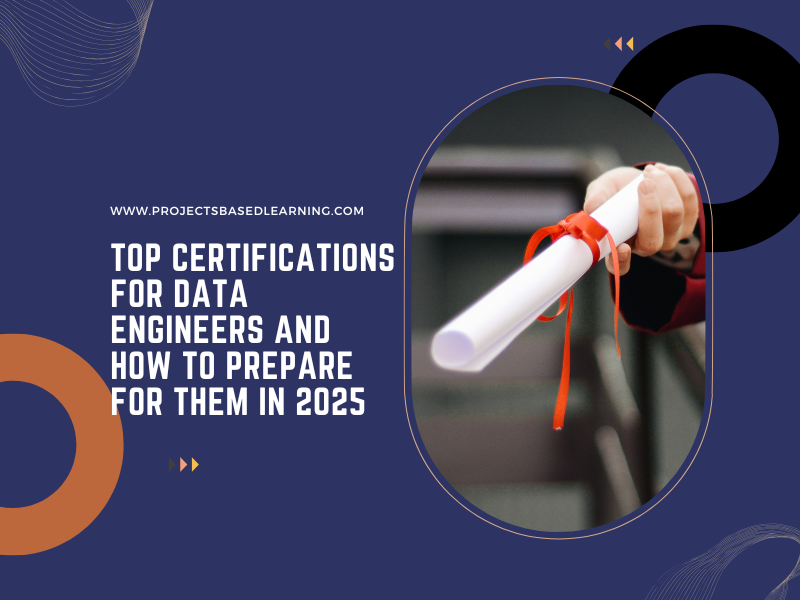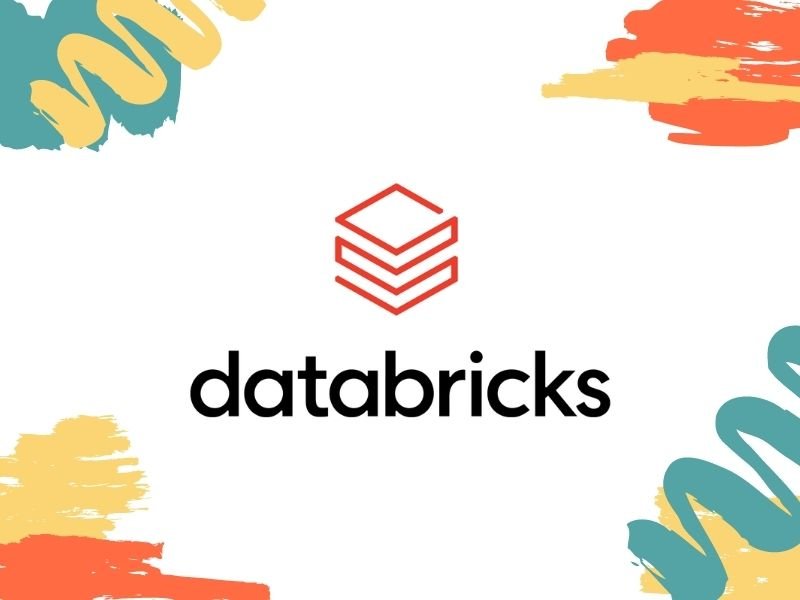The demand for skilled Data Engineers is skyrocketing, making it one of the most critical roles in modern tech. As the custodians of data infrastructure, pipelines, and warehouses, Data Engineers are the backbone of data-driven decision-making.
One of the best ways to validate your skills, deepen your knowledge, and stand out to employers in 2025 is by earning a relevant professional certification.
Here is a detailed look at the top certifications for Data Engineers and a comprehensive guide on how to prepare for them.
1. Google Cloud Certified – Professional Data Engineer
The Google Cloud Platform (GCP) is a major player in the cloud market, offering cutting-edge services like BigQuery, Dataflow, Dataproc, and Pub/Sub. This certification is highly sought after because it proves expertise in designing, building, and managing data processing systems on GCP.
What it Validates:
Designing data processing systems.
Building and operationalizing data processing systems.
Ensuring solution quality (monitoring, logging, testing).
Compliance, security, and governance.
How to Prepare:
Hands-on Experience: This is non-negotiable. Spend significant time working with core GCP services: BigQuery, Cloud Storage, Cloud Dataflow (Apache Beam), Cloud Dataproc (Hadoop/Spark), and Cloud Pub/Sub.
Official Training: Utilize the Google Cloud Skill Boost platform (formerly Coursera/Qwiklabs). The “Data Engineering on Google Cloud Specialization” is an excellent structured learning path.
Practice Exams: Use official Google practice exams and reputable third-party simulators to understand the question format and time constraints.
Review Documentation: Focus on use cases, best practices, and limitations detailed in the official GCP documentation for key services.
2. Amazon Web Services (AWS) Certified Data Analytics – Specialty (DAS-C01)
AWS holds the largest market share in cloud computing, and a certification from them is instantly recognizable and valuable. While not strictly called a “Data Engineer” certification, the Data Analytics – Specialty track focuses heavily on the services and skills a Data Engineer uses daily on the AWS platform.
What it Validates:
Designing and implementing a data lake architecture on AWS.
Collecting, storing, processing, and visualizing data using AWS services.
Security and governance of data on the platform.
Key services: Amazon Redshift, Amazon S3, AWS Glue, Amazon Kinesis, Amazon EMR, and Amazon Athena.
How to Prepare:
AWS Services Deep Dive: Master the integration and configuration of the core services listed above. Pay special attention to AWS Glue for ETL/ELT and Amazon Kinesis for real-time streaming data.
Architecture Focus: The exam tests your ability to choose the right service for a specific requirement (e.g., when to use Kinesis Data Firehose versus Kinesis Data Streams). Focus on architectural best practices.
Online Courses: High-quality courses from platforms like A Cloud Guru or similar providers that specifically target the DAS-C01 exam blueprint are highly effective.
Whitepapers: Review AWS data-related whitepapers, particularly those on the Well-Architected Framework and security.
3. Microsoft Certified: Azure Data Engineer Associate (DP-203)
For professionals operating in the Microsoft ecosystem, the Azure Data Engineer Associate certification is essential. Azure is deeply integrated with many enterprise solutions, making this certification a strong asset for corporate environments.
What it Validates:
Designing and implementing data storage and processing solutions.
Designing and implementing data security.
Monitoring and optimizing data storage and data processing.
Key services: Azure Data Factory (ADF), Azure Synapse Analytics, Azure Data Lake Storage (ADLS), and Azure Databricks.
How to Prepare:
Understand ETL/ELT with ADF: Dedicate significant time to mastering Azure Data Factory pipelines, including linked services, datasets, activities, and triggers.
Focus on Databricks: A strong understanding of Azure Databricks and working with Spark is crucial, including performance tuning.
Microsoft Learn: The official Microsoft Learn platform provides free, structured learning paths directly mapped to the DP-203 exam objectives.
Scenario-Based Practice: Azure certifications often use case studies. Practice analyzing business requirements and selecting the correct combination of Azure services to meet those needs.
4. Databricks Certified Data Engineer Professional
While the major cloud providers cover their specific platforms, Databricks (built on Apache Spark) has become a fundamental tool for high-performance data engineering, especially around ETL/ELT and data lakes (or the “Lakehouse” architecture). This certification demonstrates advanced proficiency in using the Databricks Lakehouse Platform.
What it Validates:
Advanced Spark programming and performance tuning.
Designing, building, and deploying medallion architectures (Bronze, Silver, Gold).
Working with Delta Lake (ACID transactions, time travel, schema enforcement).
Data governance and security features within Databricks.
How to Prepare:
Master Delta Lake: Deeply understand the functionality and benefits of Delta Lake (the core technology behind the Lakehouse concept).
Spark Tuning: The professional exam tests advanced knowledge of Spark execution (shuffles, partitioning, broadcast joins, and caching). You must be able to write efficient Spark code in Python or Scala.
Databricks Academy: The Databricks Academy offers official training courses (some free) that align perfectly with the exam content.
Practice Notebooks: Work through numerous hands-on examples using Databricks notebooks, focusing on optimizing data ingestion and transformation jobs.
General Preparation Strategy for 2025
Regardless of the certification you choose, a structured preparation plan will maximize your chances of success.
1. Build a Study Plan (90 Days)
Weeks 1-4: Foundational Knowledge: Focus on the core theory, services, and concepts for your chosen platform (e.g., BigQuery fundamentals, S3 deep dive, Azure Synapse basics).
Weeks 5-8: Hands-on Projects: Implement two to three end-to-end data pipelines using the platform’s key services. This moves knowledge from theory to muscle memory. Simulate a real-world scenario: ingest data from a source, transform it, and load it into a data warehouse.
Weeks 9-12: Practice & Review: Take timed practice exams, review the official documentation for topics you got wrong, and reinforce your knowledge on security, monitoring, and cost optimization.
2. Prioritize Practical Application
These exams are not purely theoretical. They are designed to test your ability to apply knowledge to solve real-world engineering problems. Set up a free-tier account on your chosen cloud platform and actively build projects.
3. Focus on Best Practices and Cost
Certifications place a heavy emphasis on architectural best practices, security, and cost optimization. When reviewing a service, always ask:
What are the security implications?
What is the cheapest way to accomplish this task?
How does this scale?
What is the ideal tool for real-time vs. batch processing?
Conclusion
Obtaining a data engineering certification is a powerful career accelerator in 2025. It serves as objective proof of your competency in high-demand cloud and data technologies. Choose the certification that aligns best with your current role, desired career path, and the cloud ecosystem you are most likely to encounter. By combining official training, dedicated hands-on experience, and rigorous practice, you will be well-positioned to ace the exam and thrive in your data engineering career.

